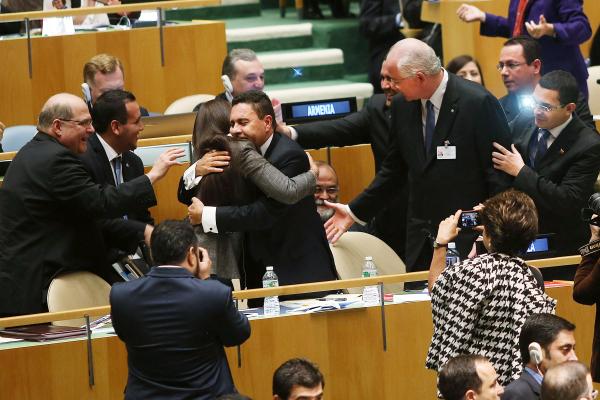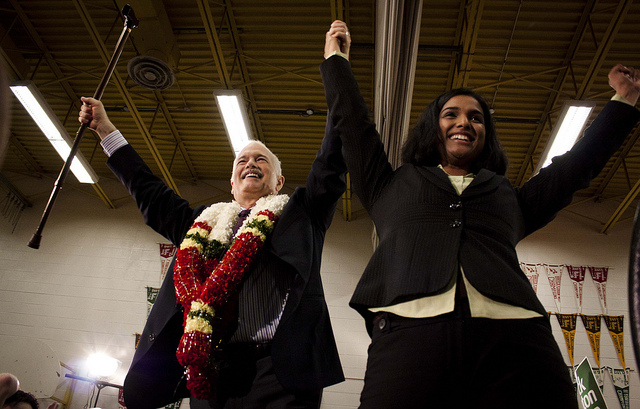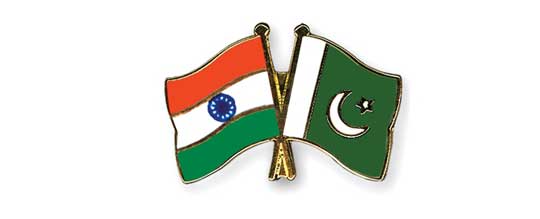In her latest article, Sayde-Hope Crystal discusses the election of Venezuela to a two year term as a non-permanent member of the United Nations Security Council.
Society, Culture, and Security
The NATO Association of Canada’s Society, Culture, and Security program takes a look at the issues that impact Canadians’ every day lives while connecting them to international relations. The program covers a wide range of topics, which include: pop culture, art, film, global events, and socio-political relations. In addition, Society, Culture, and IR aims to examine and provide in-depth analyses that relate international affairs to the interests of Canadian society.
Who said foreign policy couldn’t be “domesticated”?
Anojan looks at how different diaspora communities in the United States and Canada have sought to include their interests within the wider foreign policy goals of their adopted homeland
Chaos in the Capital
Tazrian Alam explains how today’s shootings in Ottawa are the latest in a long history of major security breaches and terrorism incidents in Ottawa and across Canada.
Solving the Terrorism Equation Through Education
Education can lead to enlightenment, critical thinking and respect. A look at how education can break the cycle of radicalization.
Exposing the Surveillance State – Part One
John Woodside examines the expanding mass surveillance programs currently being operated by the United States in the first installment of his ‘Exposing the Surveillance State’ series.
Civil Society Organizations: Creating Change in China
Christine Martel-Fleming examines the barriers faced by Civil Society Organizations in China.
Drafting a ‘Drone Convention’
“Paul Pryce makes the case for an international agreement regulating the use and production of drones.”
A War of Egos
In her latest article, Rija Rasul discusses the role of pride in Indian-Pakistani relations.
Off With Your Head: Why the Brutal Killings Conducted By IS are the Norm, Not the Exception in Many Developing Countries
Hannah Styffe explains how the violence projected by IS mirrors similar political structures around the world.
Why Malala’s Win Is More Complicated Than You Think
The win of recent Nobel Peace Prize winner Malala Yousafzai is a positive sign, but many hurdles remain for the success of her ideals.










